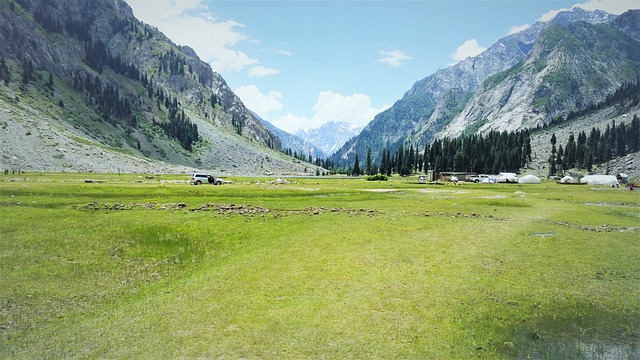Introduction
International Labor Organization along with World Health Organization has defined Occupational Safety and Health as a discipline that encompasses all characteristic points of safety and health at the workplace. It intends to prevent occupational hazards. This discipline focuses on the absolute physical, social, and mental well-being of the workforce at the workplace.
Also read: Types Of Economic Activities And Related Occupational Risks
Occupational Safety and Health Standards
Occupational Safety and Health has standards based on regulations provided by the Department of Labor and Employment. These regulations command the implementation of practices to establish a healthy and safe working environment.
Laws of OSH in Pakistan
There is a central guideline based on OSH problems in Chapter 3 of the Factories Act, 1934. The factories Act, 1934 also includes the Hazardous Occupations Rules, 1963. Currently, these regulations are partly being followed in all provinces of Pakistan. The rules are linked with some hazardous occupations operating on cellulose solution spraying, petrol gas generating plants, sandblasting, aerated waters, etc.
The other existing laws associated with occupational safety and health include,
- Dock Labourer Act 1934
- Social Security Ordinance 1965
- Workmen’s Compensation Act 1923 Shop and
- Establishment Ordinance 1969
- The Mines Act 1923
These laws are outdated containing only technical standards whereas the world is following occupational exposure limits. The old laws need to be updated and new laws should be introduced and implemented throughout the country. There is also an existing Pakistan OHS Act 2018 with the objectives of providing a secure and safe environment to the workforce at the workplace.

Occupational Health and Safety Conditions in Pakistan
Unfortunately, there is an absence of autonomous regulations concerning occupational health and safety problems in Pakistan. It is certain that accidents happen at the workplace but are not getting reported. The cases of accidents and deaths due to the absence of OSH laws are not disclosed in order to protect the reputation of the certain workplace.
Pakistan doesn’t have supporting infrastructure and legislation related to OSH. The majority of the workforce in the country is illiterate and less educated. The labor force includes children and women that are completely unaware of issues linked with occupational health and safety. The unsupervised zones such as agriculture, construction, and mining work usually hire labor force. The labor force in Pakistan is highly exposed to risks and hazards associated with occupational work.
For more information, read: Occupational Health and Safety – Hazards and Protection
Conclusion
Pakistan lacks strict laws and regulations related to occupational health and safety at the workplace. However, the currently existing regulations could be followed at all levels in the country. The absence of an incident reporting system related to occupational health and safety is a major drawback in implementation policies.
Also check out: Occupational Hazards of Carpentry – Causes, Effects, Control
Recommendation
The government of Pakistan should make a national OHS policy for the labor force in the country. All provinces of Pakistan should be liable to follow the national OSH policy. It is recommended that there is a need to develop the cultural practices of occupational health and safety at the workplace. These practices include:
- Compiling and implementing effective OHS legislation,
- Creating awareness among the labor force by seminars, etc,
- Training to the Labor force by arranging workshops,
- Introducing more chapters and programs in education related to OSH,
- Abiding the regulations that are present in the country.
Also, check out Potential of Growing Recycling Business in Pakistan
I hope you all liked this post! Please comment below if you have any suggestions, comments, or feedback! We at #envpk love hearing from our readers! Thanks!




